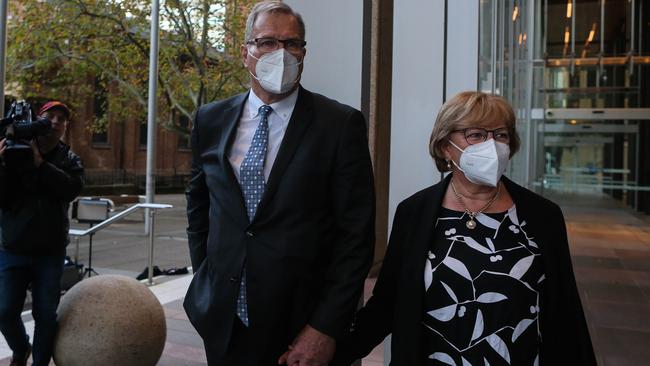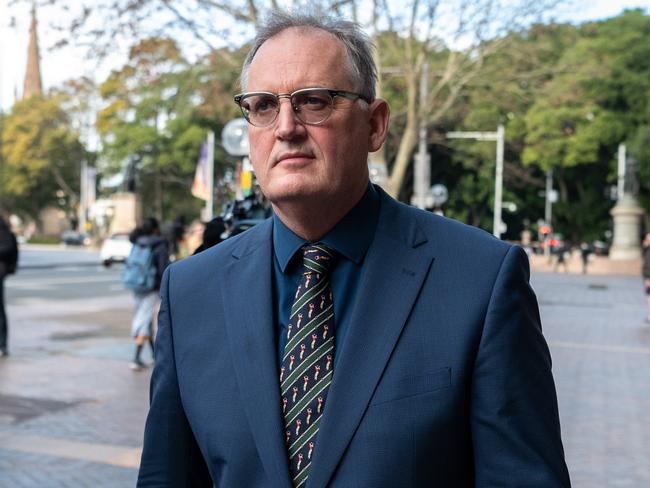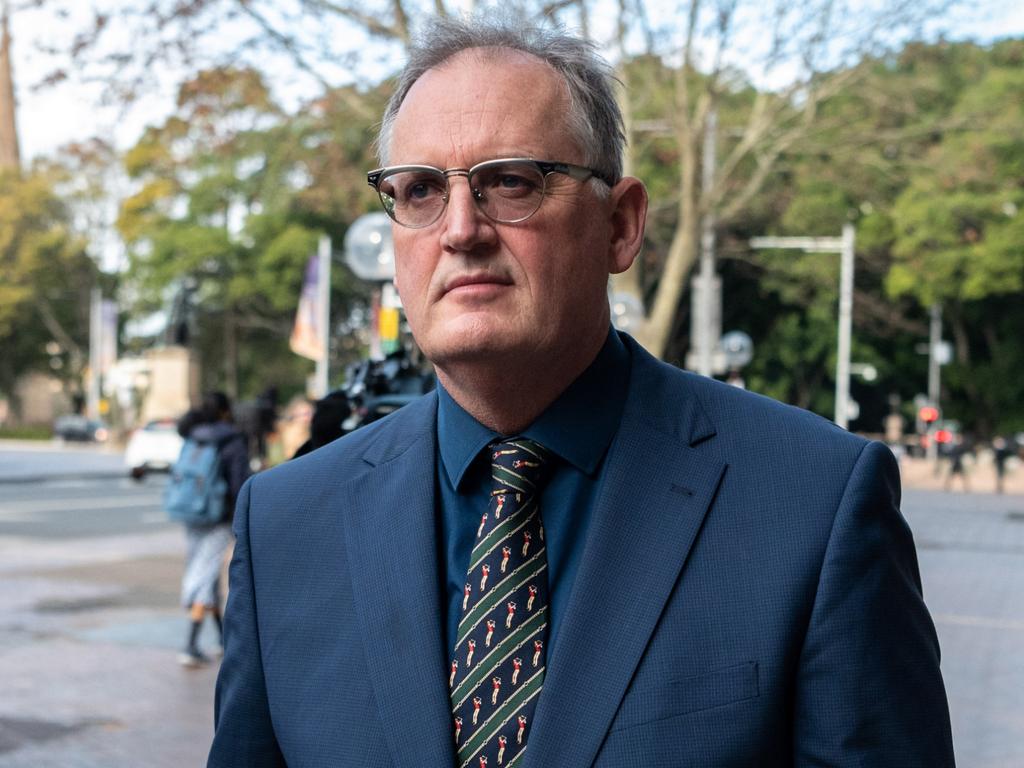
I told Greg Simms, younger brother of Lyn Dawson, about my longstanding interest in the 1982 disappearance of his beloved sister. How I had written at length about it in 2001 after the first of two inquests (the second in 2003) when I met Greg’s sister, Pat. Both coronial inquiries recommended to the NSW Director of Public Prosecutions that a “known person” be prosecuted for murder.
My email explained why I wanted to do a podcast investigation in a final push for justice for Lyn, 36 years after the doting mother of two little girls vanished at a time her schoolteacher husband was infatuated with his teenage former student.
.
“The dignified efforts of you, Pat, your mother until her passing, and Lyn’s other relatives and friends to find Lyn, and to achieve justice, have been unstinting over so many years. It is one of the reasons Lyn’s story has always stayed with me,’’ the email says.
I foreshadowed “a powerful documentary podcast series” with “numerous interviews and related articles (which) would be widely promoted, and would strive to tell Lyn’s story in exhaustive detail in a way that has not been attempted before”.
That’s how The Australian’s The Teacher’s Pet podcast series started. The email is among about 100 gigabytes of material which my employer, The Australian, and I gave under subpoena to prosecutors and Chris Dawson’s defence lawyers after Lyn’s husband was charged with his murder, just as the 16th episode was released in December 2018.
Snippets of some of the evidence we handed over were the subject of vigorous questioning of me by Dawson’s defence counsel Pauline David on Monday and Tuesday. Not for the first time in this case, the cross examination in my view has tried to put journalism on trial. To be clear, Dawson strenuously denies wrongdoing. And he’s fighting for his life.

But some of the ways this case has been run highlight, in my view, a rejection of the role of journalism to show how badly Lyn has been let down. How “disrespectful” it has been of me as an investigative journalist to “undermine” parts of the criminal justice system such as the Office of the DPP and police (I had highlighted in the podcast what I believed were egregious failures over many years by some of the cops and prosecutors)
How “egregious” to locate and interview “witnesses” (I had done what every journalist would do: scour transcripts from two inquests and statements from the police brief of evidence and track down people, most of whom never expected there would be any criminal prosecution). How impertinent to say that journalists “should not take editorial tips from judges”.
How dreadful as a journalist to share, in conversation, my opinion of Dawson’s conduct with a handful of highly intelligent, independent people I had interviewed – every one of whom had strong views of his conduct and character before I came on the scene.
Dawson’s trial for murder is almost over. Whatever the verdict, the trial of journalism – for seeking to do what the criminal justice system had failed to do – may continue for a while. But as more journalists discover evidence with deeply researched podcast investigations of unsolved cold cases, defence lawyers should come to a realisation. We’re not going away. And that’s a good thing.





At 6.23pm on the last Friday of October 2017, a man in Newcastle got an unexpected email. It began: “Dear Greg, Please let me reintroduce myself. It has been some years since our last contact.”